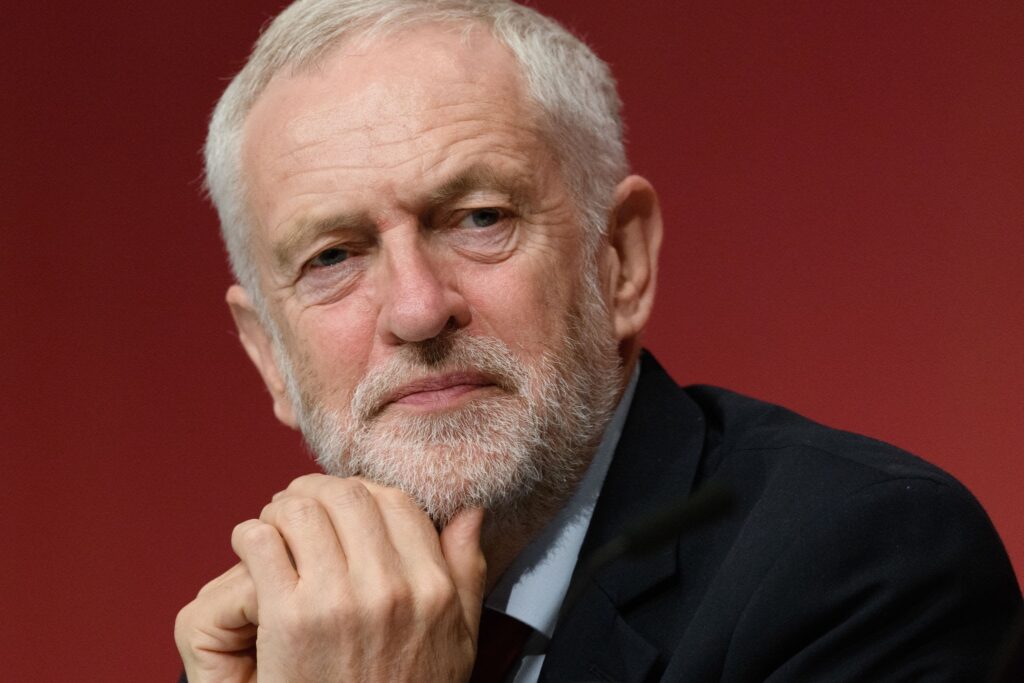In the past few weeks, the Islington Refugee Migrant Forum organised their annual meeting. I attended this meeting on behalf of the Turkish and Kurdish Children’s Group, where I work as a PR and communications consultant on certain days of the week. At the meeting, we had the opportunity to meet Jeremy Corbyn, the independent MP for Islington and former leader of the Labour Party, who never misses an event related to migrants and refugees.
Afterwards, I invited Jeremy Corbyn to a fundraising event organised by various migrant organisations in Türkiye following the earthquake disaster in Turkey and Syria. I was also involved in this study, and I am grateful that he accepted my interview offer for our Re:framing Migrants in the European Media project.
As a communications consultant for the Re:framing Migrants in the European Media project, I have had an incredible experience. I have met hundreds of different migrant and refugee media and press workers. Being a migrant journalist based in Islington, London, and striving to give a voice to Turkish communities in the British media for over 7 years, it is a great privilege for me to have this conversation with Jeremy Corbyn. He not only represents my constituency as an MP but also embodies the strongest voice for refugee and migrant communities in the UK.

How would you describe the current narrative around migrants in the European media, and what impact does it have on public perception?
The far-right are mobilising across Europe. In the UK, the far-right have always existed, but we’ve witnessed an alarming acceleration in recent months. Most recently, protestors targeted asylum seekers housed in hotels in Knowsley. These views do not exist in a vacuum – they are fuelled by many in the media who wage a misinformation war against the world’s most vulnerable people.
The worst culprits are well known, demonising refugees and migrants alike for endangering British people and stealing British jobs. However, the dehumanisation of refugees is far more widespread and mainstream. Often it is a question of framing – you’ll routinely hear of the “refugee crisis” or “migrant crisis”, when in fact what we are facing is a humanitarian crisis. If refugees are the crisis, much of the public will decide that preventing their arrival is the solution. And that is exactly how public perception toward refugees and migrants has borne out.
In your opinion, what steps can be taken to reframe the discussion around migrants in the media, promoting a more inclusive and empathetic perspective?
Well, what I would say is that steps are already being taken to reframe the discussion – it’s just these steps are being taken by forms of alternative media. There are several journalists and reporters who have showcased an ability to diagnose the causes of displacement around the world: war, environmental destruction and poverty. This kind of reporting is vital if we are to build public support for a humane immigration system grounded in compassion, dignity and inclusion.
Can you provide specific examples of positive or negative media portrayals of migrants that have stood out to you? How do these portrayals contribute to the overall narrative?
Local papers in my own borough have often provided a platform for those who believe refugees and migrants are welcome – one example can be found here. Just another example of how it’s often local or independent media that most effectively challenges the myths surrounding migrants and refugees.
What role do you believe politicians and policymakers can play in influencing media narratives on migration and fostering a more constructive dialogue?
Politicians and policymakers play a vital role in influencing narratives on migration. I have no doubt that the far-right are emboldened by this Conservative government, which speaks of a refugee “invasion” and is attempting to implement an asylum ban, in contravention of international law. The wider debate is toxic – there is a disgraceful absence of any argument grounded in morality and humanity.
When I was leader of the Labour Party, I tried to build a new narrative grounded in compassion and shared humanity. We pledged to guarantee refugees the right to work, protect the rights of EU citizens and non-EU residents alike, end the minimum income requirements which separate families and end indefinite detention.
Looking ahead, what is your vision for an ideal media landscape in terms of how migrants are depicted and discussed? What actions can individuals and organisations take to bring about this change?
I wish that our media landscape would recognise that refugees and migrants are human beings – mothers, fathers, sons, daughters, brothers, sisters, grandparents and friends.
Often, the most positive portrayals we see are when migrants are celebrated for the economic contribution they make to this country. This contribution should, of course, be recognised – it is an important way to challenge absurd myths about the “drain” migrants place on our public services. However, we could do much more to celebrate our shared humanity, to acknowledge that the rights of migrants are not contingent on their social, economic or cultural value. To recognise that their rights are unconditional. To recognise that we all live on the same planet – and that we have an obligation to care for everybody.